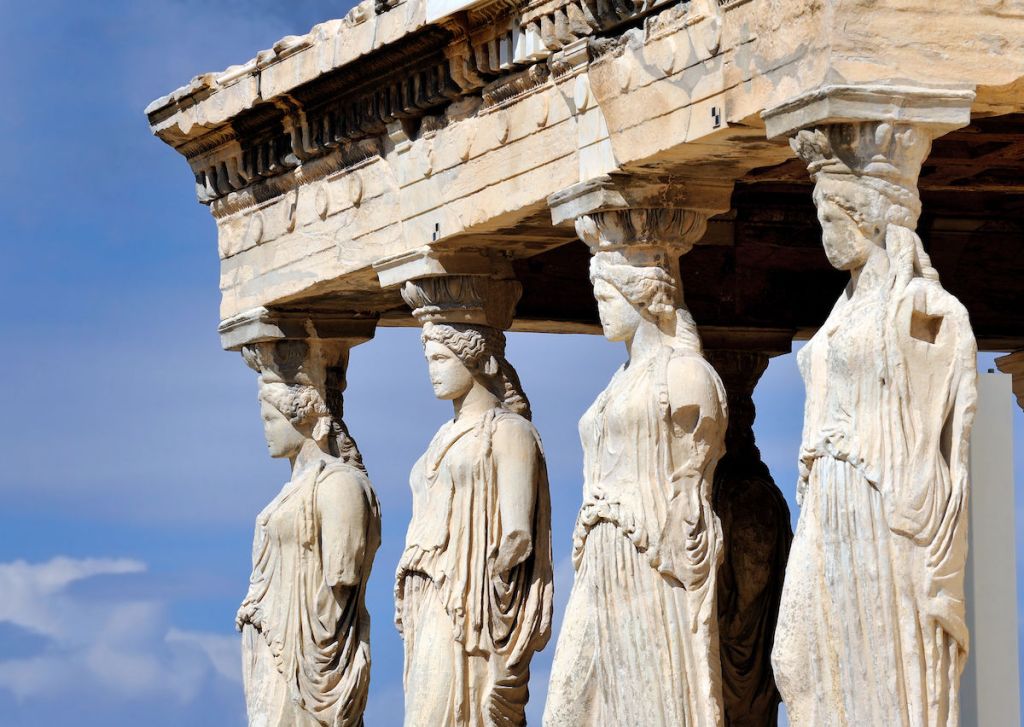Ancient civilizations hold a special place in our collective history, offering insights into the diverse ways humans have organized and thrived throughout time. From the architectural marvels of the Egyptians to the philosophical teachings of the Greeks, these civilizations continue to captivate our imagination and influence modern society in profound ways.
One of the earliest known civilizations is Mesopotamia, often referred to as the “cradle of civilization.” Located between the Tigris and Euphrates rivers in present-day Iraq, this region was home to several ancient societies such as Sumer, Akkad, Babylon, and Assyria. Mesopotamians made significant advancements in areas such as mathematics, astronomy, and law. They developed one of the first writing systems known as cuneiform and built impressive ziggurats like the famous Tower of Babel.
Moving westward across the Mediterranean Sea, we encounter Ancient Greece—a civilization renowned for its contributions to philosophy, democracy, art, and science. The Greeks believed in a pantheon of gods who resided on Mount Olympus and influenced every aspect of human life. Philosophers like Socrates, Plato, and Aristotle laid the groundwork for Western philosophy with their inquiries into ethics, metaphysics, and logic.
The city-state of Athens emerged as a center of intellectual activity during Greece’s Golden Age. It was here that democracy took root under Pericles’ leadership, allowing citizens to participate in decision-making processes through voting on various issues. The Athenians also excelled in architecture with iconic structures like the Parthenon adorning their cityscape—a testament to their artistic prowess.
Meanwhile, across the Italian peninsula lay Rome—an empire that would come to dominate much of Europe and beyond. Known for its engineering marvels like aqueducts and roads that connected far-flung territories within its vast domain—Rome left an indelible mark on Western civilization. The Romans were skilled administrators who established laws that formed the basis for legal systems worldwide.
In addition to their military conquests and infrastructure projects—the Romans were avid patrons of art and literature—producing timeless works by poets like Virgil or historians such as Tacitus whose accounts provide valuable insights into Roman society.
Further east lies Ancient Egypt—a civilization shrouded in mystery due to its enigmatic monuments like pyramids or sphinxes which continue to fascinate scholars today.The Egyptians developed sophisticated agricultural techniques along with a complex religious belief system centered around pharaohs who were seen as divine rulers responsible for ensuring harmony between gods mortals realms through rituals offerings temples monuments dedicated them
Their intricate hieroglyphic writing system allowed them record daily life events communicate sacred knowledge future generations While little understood initially deciphered efforts early 19th century archaeologists have uncovered wealth information about Egyptian culture beliefs practices
Egyptian society was highly stratified with clear distinctions between social classes slavery common practice yet slaves still retained certain rights protections within legal framework Slavery primarily used labor force construct monumental structures pyramids temples tombs adorn burial sites pharaohs nobility
The Nile River played crucial role shaping Egyptian civilization providing fertile land irrigation agriculture transportation trade Water scarcity posed significant challenge necessitated development advanced hydraulic engineering methods manage annual floods ensure crops could thrive arid environment This reliance river led Egyptians view it symbol fertility rebirth cycles nature integral religious cosmological worldview
As we reflect on these ancient civilizations it becomes apparent they shared common themes despite geographic temporal differences Each sought understand world around them develop systems governance order foster cultural artistic expression preserve legacies future generations These foundational aspects continue resonate influence educational curriculum today providing invaluable lessons past inform shape minds tomorrow’s leaders thinkers creators Alternative education approaches can draw rich tapestry knowledge wisdom left behind ancestors incorporate innovative strategies honoring traditions while adapting needs challenges contemporary world truly embody ethos lifelong learning growth evolution humankind

Leave a comment